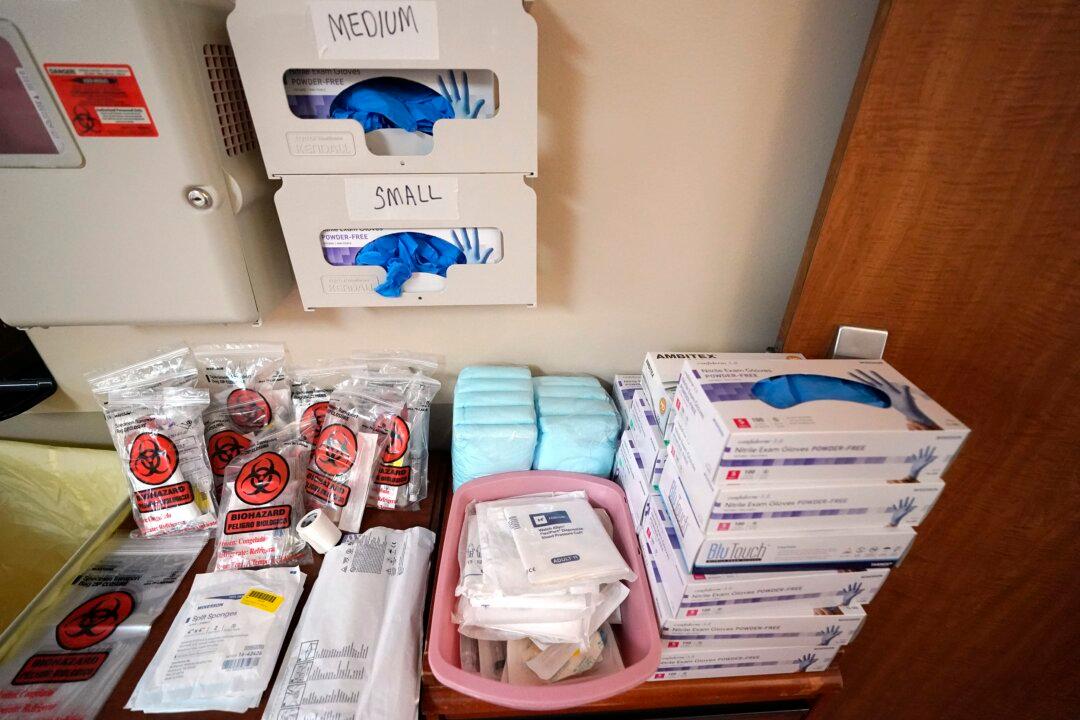The tens of thousands of tons of medical waste produced as a result of the COVID-19 pandemic poses a threat to human and environmental health, the World Health Organization (WHO) warned in a report on Tuesday.
The extra waste is “threatening human and environmental health and exposing a dire need to improve waste management practices,” the United Nations health agency said.




